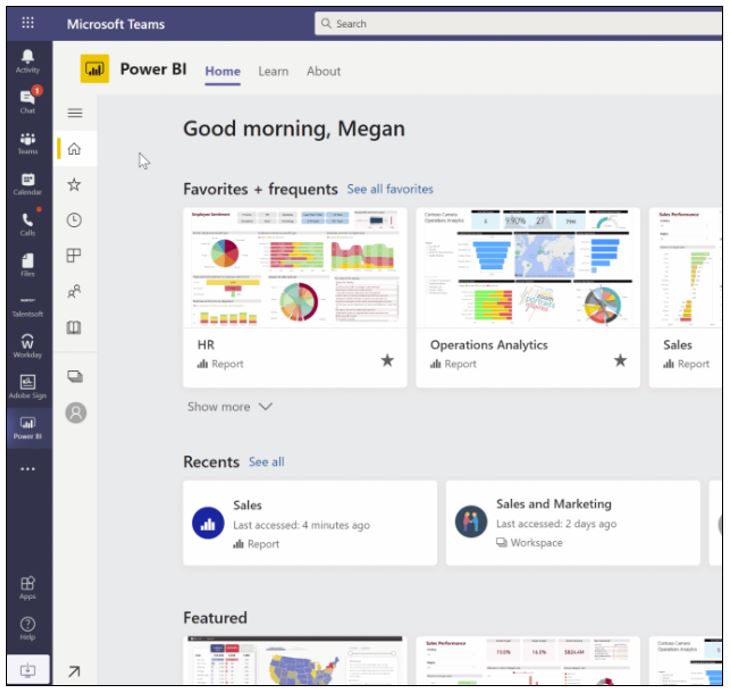Microsoft has announced a salvo of current and future updates for its Microsoft 365 and Microsoft Teams products.
The productivity- and security-related enhancements, which Microsoft unveiled during its 2020 Inspire partner conference, were accompanied by the release of a new solution designed to help workplaces closed due to the coronavirus pandemic welcome employees back safely.
On the security front, Microsoft introduced three forthcoming solutions, all of which are now in public preview. A new endpoint data loss prevention system extends protection against data leaks already available in Microsoft Teams, SharePoint, Exchange, and OneDrive to the PCs and other devices used to run those applications.
The technology, which is built directly into Windows 10, the Microsoft Edge browser, and Microsoft Office, doesn’t require companies to install an agent on covered machines. Administrators can view information about endpoint activity involving sensitive data on the Microsoft 365 compliance center’s Activity Explorer, the same tool they use to review DLP changes involving Microsoft 365 software.
Also in preview as of today is an updated edition of Microsoft 365’s Insider Risk Management feature that draws on input from Windows 10, Windows Defender ATP, Teams, SharePoint, and Exchange to provide earlier and more accurate notification of both malicious and inadvertent data leaks.
A new Double Key Encryption technology introduced today, meanwhile, allows organizations to add an extra layer of security to their most sensitive information. The system uses two separate keys, rather than one, to unlock secured data. One of those keys is stored offsite by Microsoft, but users need both to decrypt data, which keeps Microsoft itself from snooping on protected files.
Enhancements to Microsoft’s Power Platform technologies showcased today aim to help users with limited development skills build apps, create chatbots, and visualize data from directly inside Microsoft Teams. Power Apps, Power Automate, and Power Virtual Agent can now act on information in Microsoft Dataflex, a new low-code data platform within Teams. According to Microsoft, the new functionality is coming soon to select Microsoft 365 and Office 365 users at no additional cost.
Other Teams updates announced at Inspire include:
- The forthcoming addition of Microsoft Lists, a tool for tracking issues, assets, routines, contacts, inventory, and more. A stand-alone web app version of Lists has begun rolling out now.
- A refreshed Power BI app for Teams designed to make data collaboration easier.
- The ability for third-party developers to integrate apps and services with the Teams meeting interface.
- New support for centralized management of Microsoft Teams Rooms devices from within the Teams Admin Center.
Microsoft has also changed the name of its Meeting Room solution to Microsoft Teams Rooms Standard and introduced Microsoft Teams Rooms Premium, an edition of the product that comes with 24/7 remote monitoring and management by Microsoft technicians. Teams Rooms Standard is available immediately for $15 per device per month. Teams Rooms Premium, which is available now in the U.S., most of Canada, and 19 other countries globally, sells for $50 per device per month.
The workplace reopening offering Microsoft introduced today is built on top of the company’s Power Platform technologies. Included within the offering are apps for assessing the readiness of an organization’s offices to safely readmit employees; providing employees self-serve access to facility status information and a remote check-in tool; and centrally managing information about COVID-19 cases within a business’s workforce.
An additional location management tool that monitors occupancy, health supplies, safety procedures, and other facility-related matters is expected soon.
Inspire is taking place online only this year for the first time due to coronavirus-related distancing mandates. Though Microsoft would normally roll out partner program revisions at the show, it chose to keep changes to a minimum this year to avoid further complicating the lives of channel partners already struggling to keep up with remote work requirements and a reeling economy.














